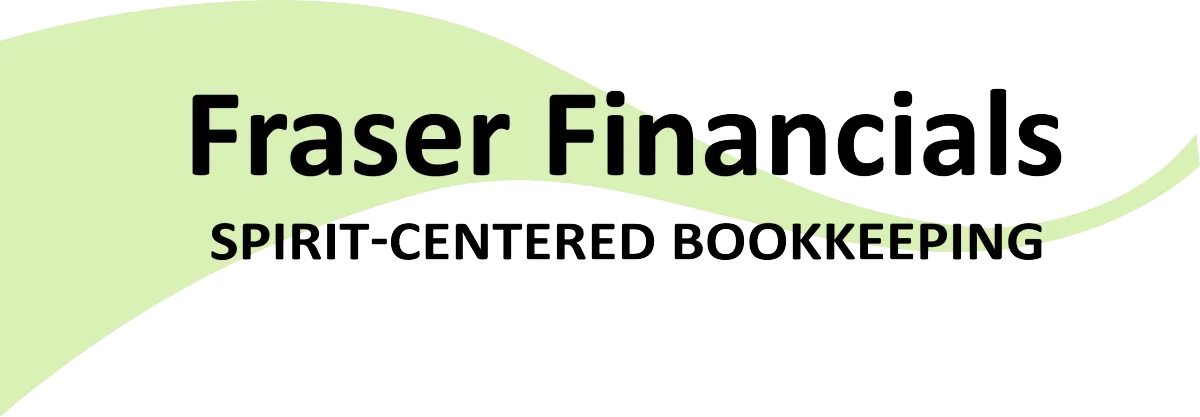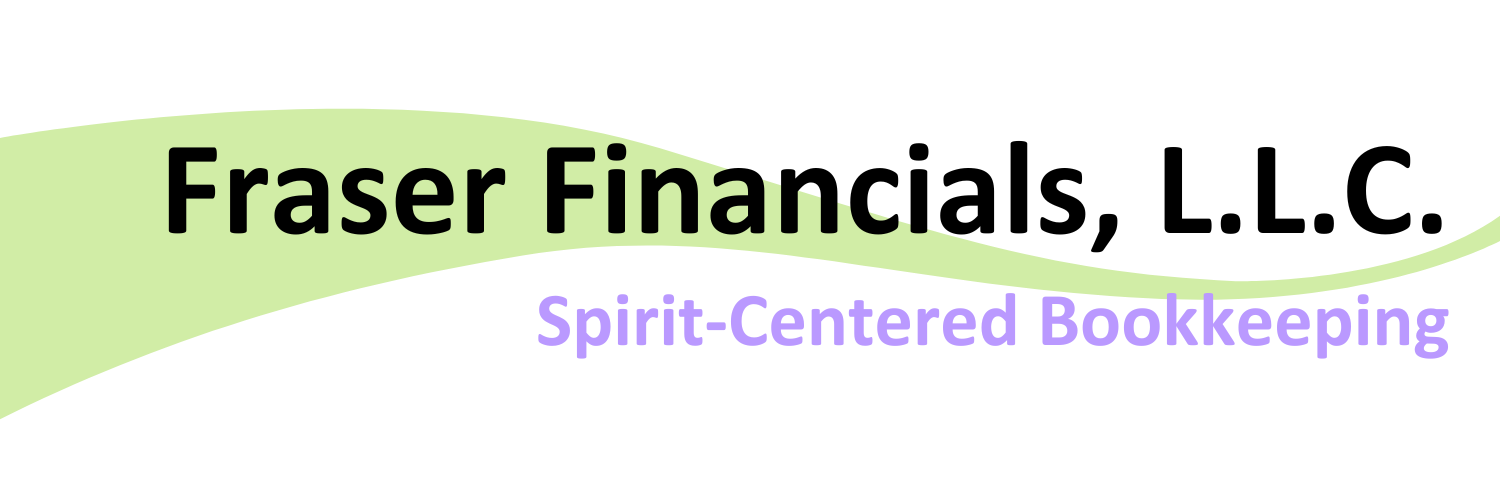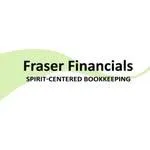Fraser Financials Blog

Why Commingling Funds Can Cost You More Than You Think
"“If you commingle personal and business funds, you risk losing legal protections, complicating tax filings, and triggering audits. The IRS may disallow deductions, question your business legitimacy, and require you to prove which expenses are truly business-related.”
— Summary based on IRS Publication 583 & Small Business Audit Guidelines
I📌 The Dangers of Commingling Funds: What Every Business Owner (and Bookkeeper) Needs to Know
By Erinn Fraser, BBA, ADB, President | Certified QuicikBooks Pro Advisor since 2022
Let’s talk about something that might feel “harmless” at first — using your business account for a personal purchase or vice versa. Maybe it's a lunch with a friend you forgot to put on your personal card. Or an Amazon order that had a mix of office supplies and household items.
It’s common. It’s tempting. And it’s dangerous.
🚫 What Is Commingling?
Commingling occurs when you mix personal and business finances in the same bank account or credit card. For example:
Paying personal expenses from your business checking account
Depositing business income into your personal account
Using one card for both personal and business purchases without separating the charges
🧨 Why It’s a Big Deal
Mixing personal and business finances isn’t just a bookkeeping headache — it creates real consequences:
1. Loss of Legal Protection
If you’re operating as an LLC or corporation, you’ve likely done so to create legal separation between yourself and your business. Commingling pierces that veil. In court, it can be used to argue that your business isn't truly separate from you — and suddenly your personal assets could be on the line.
2. IRS Red Flags and Audit Risk
The IRS sees commingling as a warning sign. Blurring those lines can invite audits, and once your records are scrutinized, the burden of proof falls on you to show which expenses were truly business-related.
3. Muddled Financial Clarity
If your business finances aren’t clean, your reports won’t be either. You can’t make clear decisions from foggy numbers. This leads to:
Misleading profit/loss reports
Missed tax deductions
Budgeting inaccuracies
Difficulty obtaining loans or funding
⚖️ A Hidden Risk for Bookkeepers
Here’s the part most business owners don’t realize: if a bookkeeper knowingly categorizes commingled transactions as business-related, they may be held liable for negligence.
Bookkeepers are bound by ethical guidelines and professional standards called GAAP. That includes refusing to falsely categorize personal expenses as deductible or "hiding" transactions that violate tax or legal boundaries.
A good bookkeeper will push back, ask questions, and advocate for clean practices — not because they’re difficult, but because they’re protecting you (and themselves).
💡 How to Avoid Commingling
✔️ Open a separate business checking account
✔️ Get a dedicated business debit/credit card
✔️ Don’t use your business account for personal expenses — not even “just this once”
✔️ Keep personal and business receipts in different folders or apps
✔️ Work with a bookkeeper who educates you, not just one who “makes it all go away”
🌿 Final Thoughts: Clarity is Care
Clean books are not just about taxes — they are a form of self-respect and business wellness. By honoring those financial boundaries, you empower your bookkeeper to do their best work, and you build a stronger, more trustworthy business.
Let’s keep your business clear, protected, and ready to grow — with numbers you can trust.

FIND OUT HOW TO ALIGN YOUR FINANCES WITH YOUR GOALS...
Copyright © 2025 | Fraser Financials, LLC
Rio Rancho, NM 505.594.2770
Terms & Conditions | Privacy Policy
Copyright © 2025 Fraser Financials, LLC |
Rio Rancho, NM | (505) 273-4303




